U.S. Envoy Meets Putin Amid Growing Frustration Over Ukraine Ceasefire Negotiations
- by Shirley, Washington, RNG247
- about 9 months ago
- 146 views
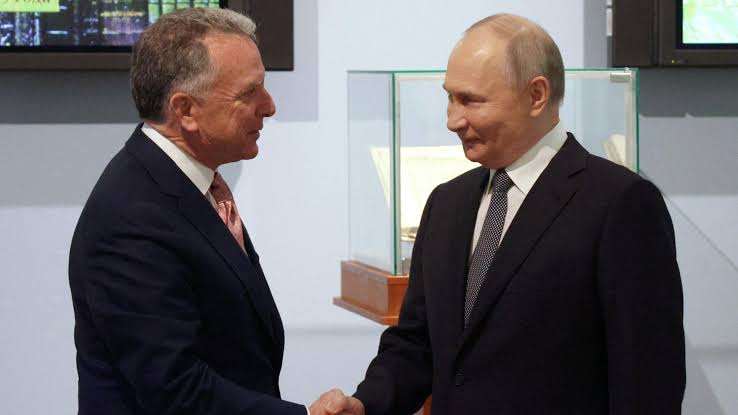
In a critical diplomatic effort, U.S. special envoy Steve Witkoff met with Russian President Vladimir Putin in St. Petersburg on Friday, as former President Donald Trump urged Russia to urgently pursue a ceasefire in Ukraine.
Trump expressed his growing frustration with Putin and the stagnant negotiations, stating on social media, "Russia has to get moving. Too many people are DYING, thousands a week, in a terrible and senseless war." The former president's comments highlight the urgent humanitarian crisis resulting from the ongoing conflict.
This situation intensified as Trump's Ukraine envoy, Keith Kellogg, faced controversy over remarks attributed to him, suggesting potential partitioning of Ukraine. The Times reported that Kellogg indicated British and French troops could establish zones of control in western Ukraine while Russian forces remain in the occupied eastern regions, likening the scenario to post-World War II Berlin. However, Kellogg later clarified on social media that his comments were misrepresented. He emphasized he was discussing a "post-ceasefire resiliency force" in support of Ukrainian sovereignty and did not advocate for anything resembling a partitioning of Ukraine.
Despite the unfolding drama surrounding these discussions, neither the White House nor Ukrainian officials responded immediately to the controversy. Meanwhile, European nations announced €21 billion ($24 billion) in military aid for Ukraine, underlining ongoing support even as the war shows no signs of abating.
Kremlin spokesman Dmitry Peskov, anticipating the Witkoff-Putin talks, noted that there were "no breakthroughs" expected and that the normalization of U.S.-Russia relations is an ongoing process. When asked whether the discussions might facilitate a potential meeting between Putin and Trump, Peskov indicated that it would depend on the proposals Witkoff brought to the table.
Prior to his meeting with Putin, Witkoff had discussions with Kirill Dmitriev, the head of Russia’s sovereign wealth fund, at the Grand Hotel Europe in St. Petersburg. Dmitriev, the highest-ranking Russian official to visit the U.S. since the outset of the conflict in Ukraine, returned from a recent trip to Washington.
As these diplomatic efforts unfolded, Ukrainian President Volodymyr Zelensky accused the Kremlin of deliberately prolonging the war during a visit to Kryvyi Rih, the site of a recent Russian missile attack that resulted in the deaths of 19 people, including nine children. He claimed that hundreds of Chinese nationals were fighting alongside Russian forces, underscoring the increasing complexity of the conflict. "This means Russia is clearly trying to prolong the war even by using Chinese lives," Zelensky asserted.
Zelensky paid tribute to the victims of the missile attack, laying flowers in memory of those lost. He reiterated a plea for enhanced air defense systems to safeguard Ukrainian cities, revealing that discussions with Trump included Ukraine's readiness to procure these powerful weapons. "Only powerful weapons can truly be relied upon to protect life when you have a neighbor like Russia," he remarked on social media.
Amidst this turmoil, Trump expressed confidence that he could resolve the Ukraine-Russia conflict in just 24 hours and stated that the war never would have occurred if he had been in office during the 2022 invasion. His passionate rhetoric continues to draw attention and reflect his ongoing involvement in the geopolitical landscape.
In February, U.S. and Russian officials held their first in-person talks since the invasion, primarily focused on restoring diplomatic relations, although attempts to broker a limited ceasefire stalled amid Kremlin demands to lift sanctions.
As frustrations mount, Trump described his feelings towards Putin as "very angry" regarding the lack of progress on a truce between Kyiv and Moscow.
The Russian ambassador to the UK, Andrei Kelin, noted in a recent interview that U.S.-Russia relations remain fraught with distrust and complexities. While discussions on various disagreements continue, he acknowledged the challenges in achieving alignment quickly.
In a related development, Washington and Moscow conducted a prisoner swap earlier this week, underscoring ongoing tensions. Ksenia Karelina, an American woman sentenced to 12 years in Russia for donating to a Ukrainian charity, was exchanged for Arthur Petrov, a dual German-Russian citizen implicated in illegal microelectronics exports to Russia.
As both nations grapple with their strained relationship, the quest for a viable resolution to the conflict persists, with the humanitarian crisis in Ukraine remaining a pressing concern for leaders and citizens alike.



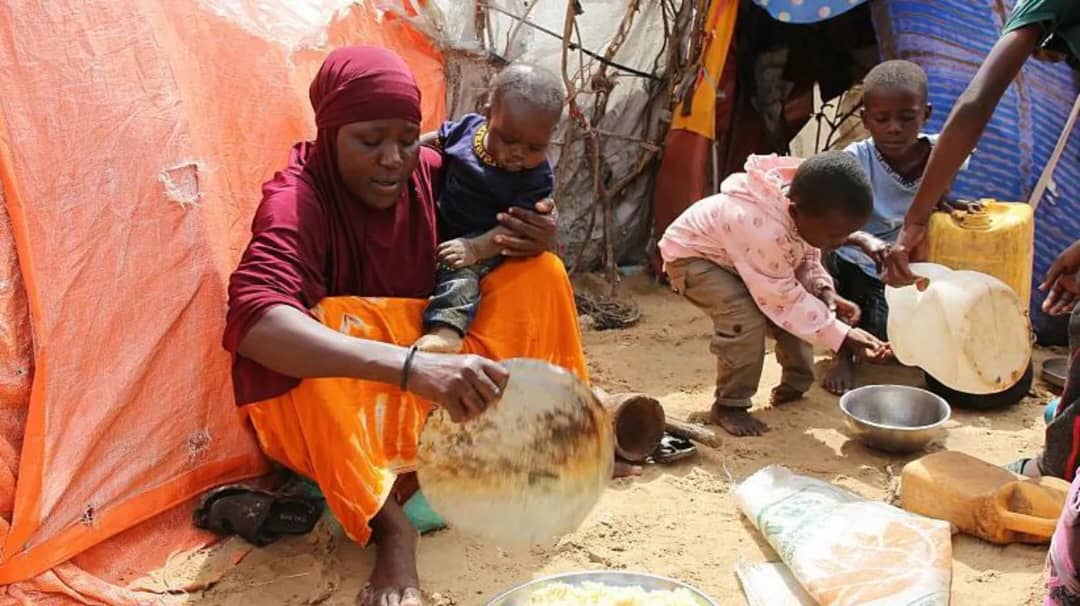
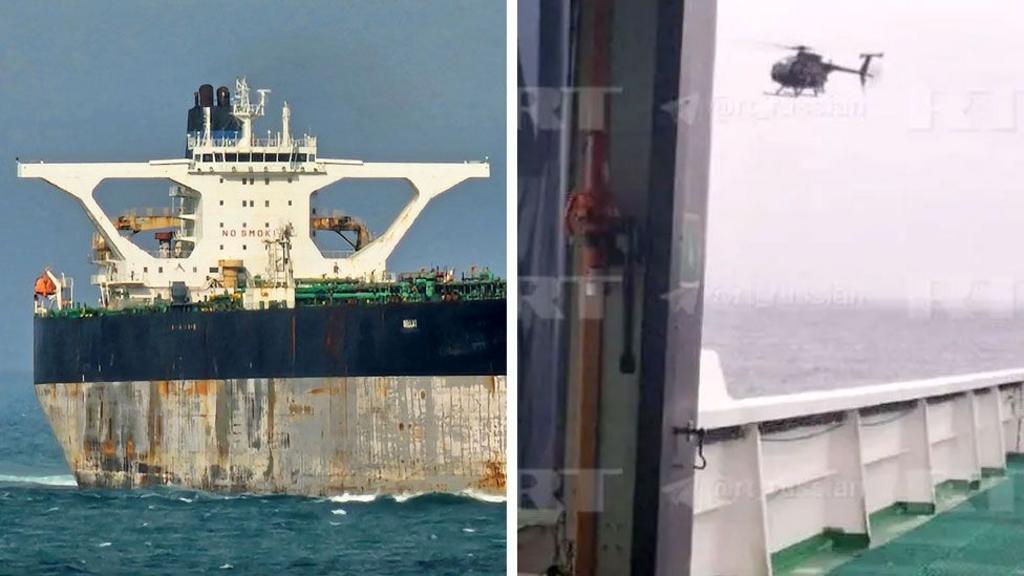
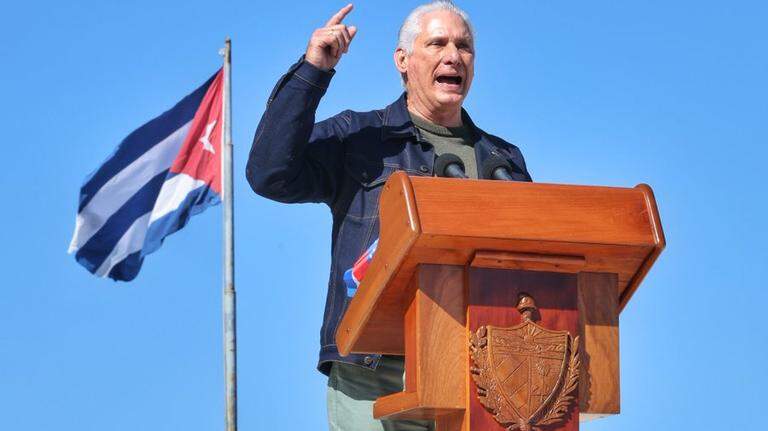
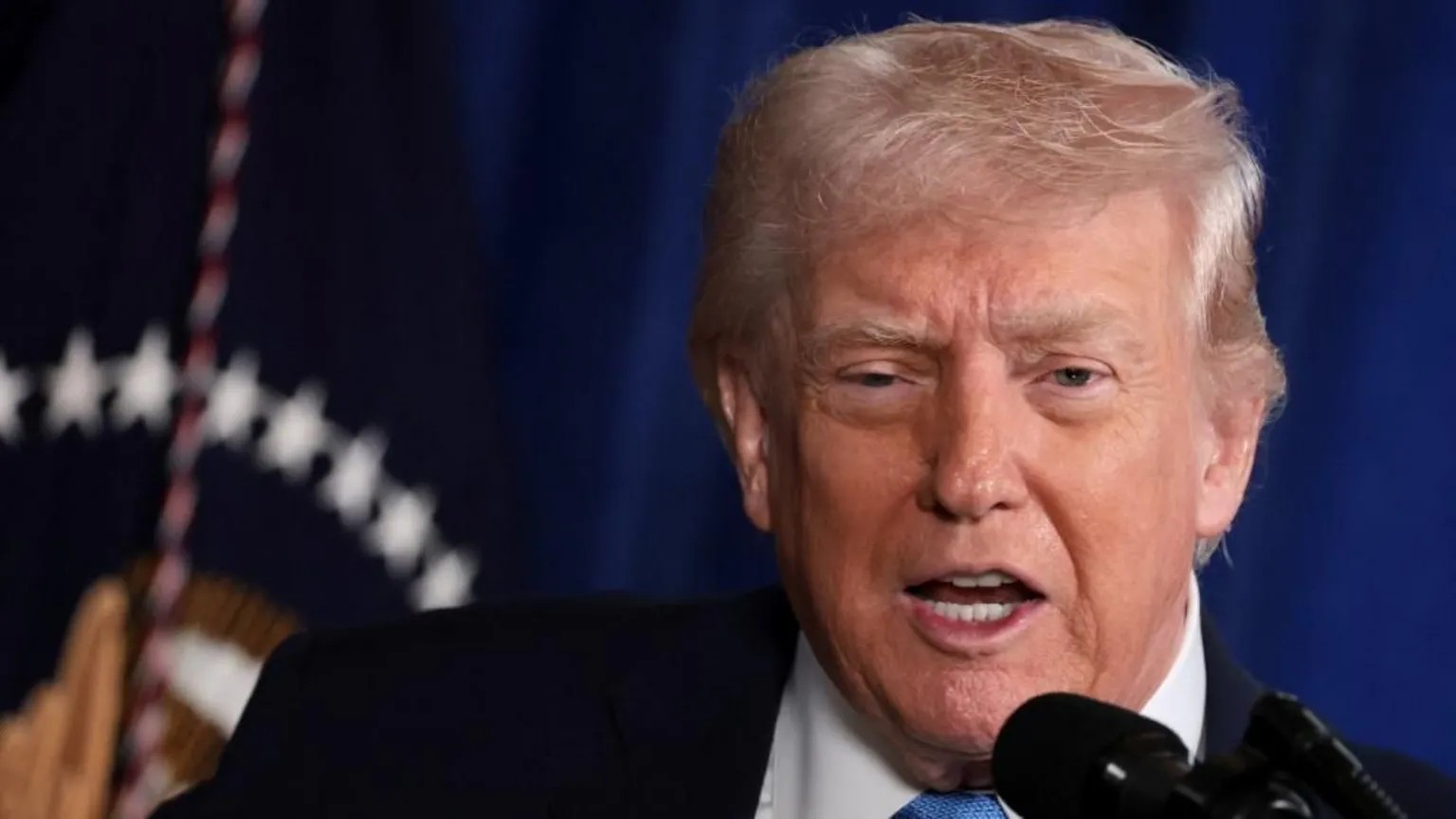
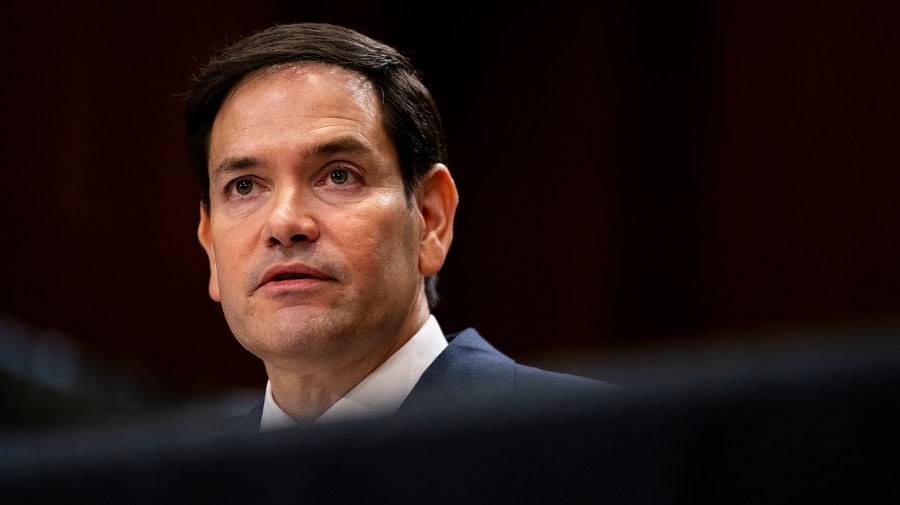
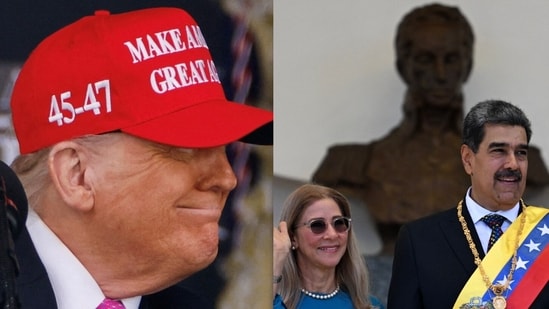
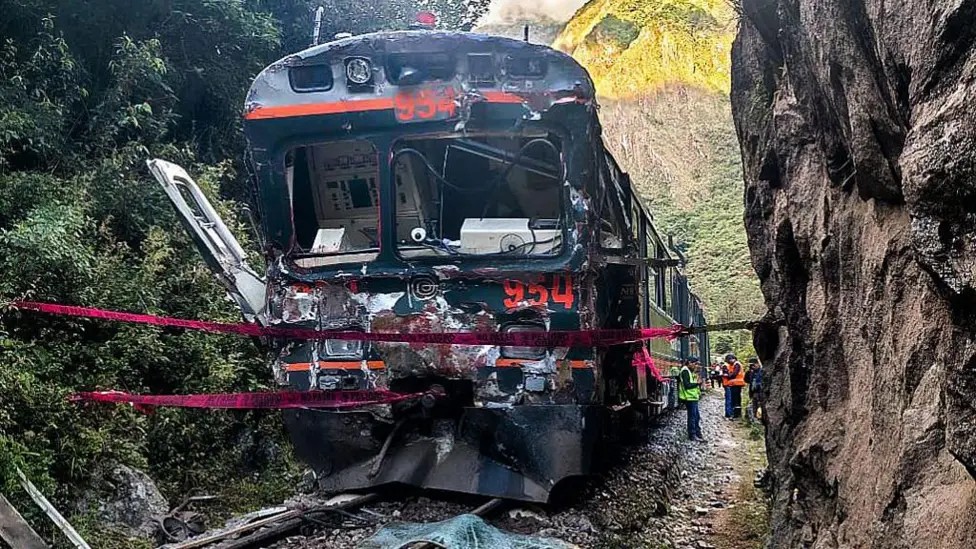
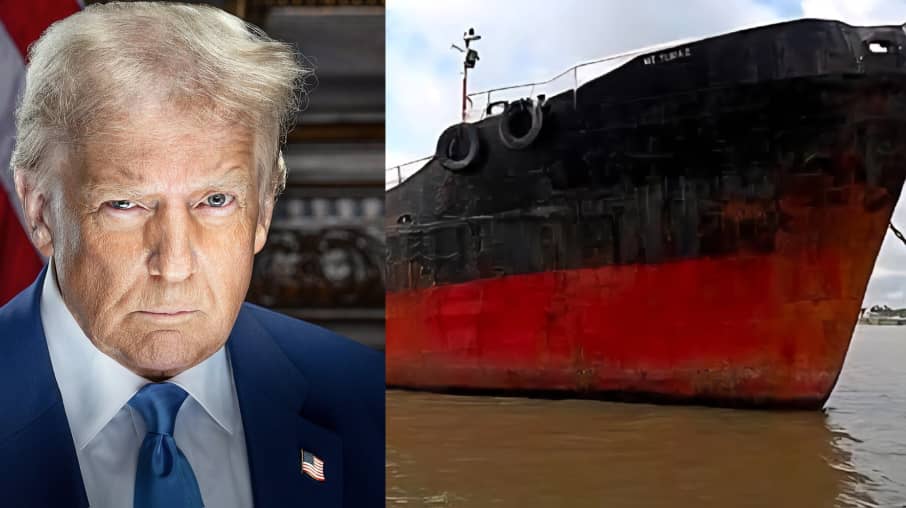
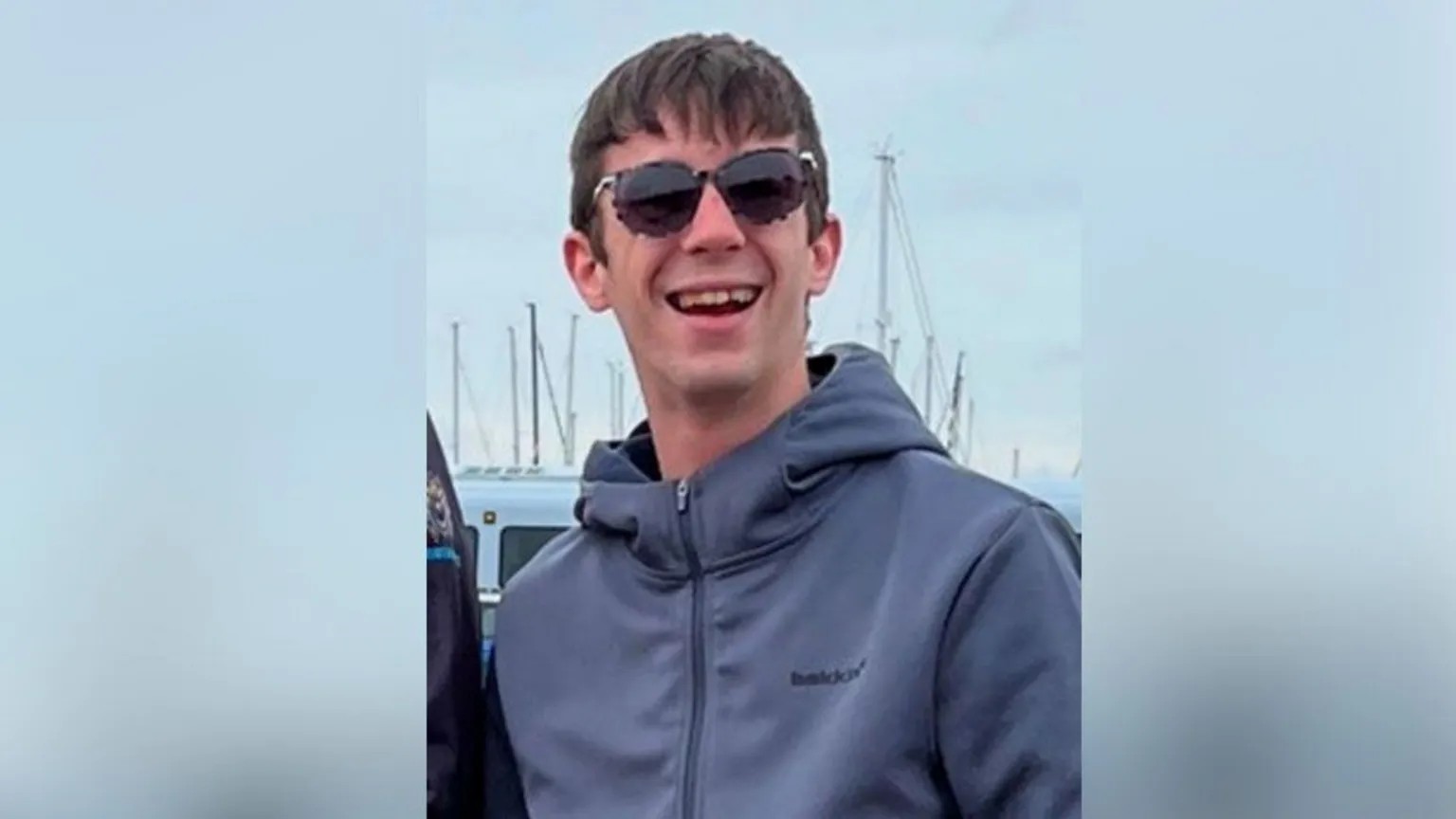
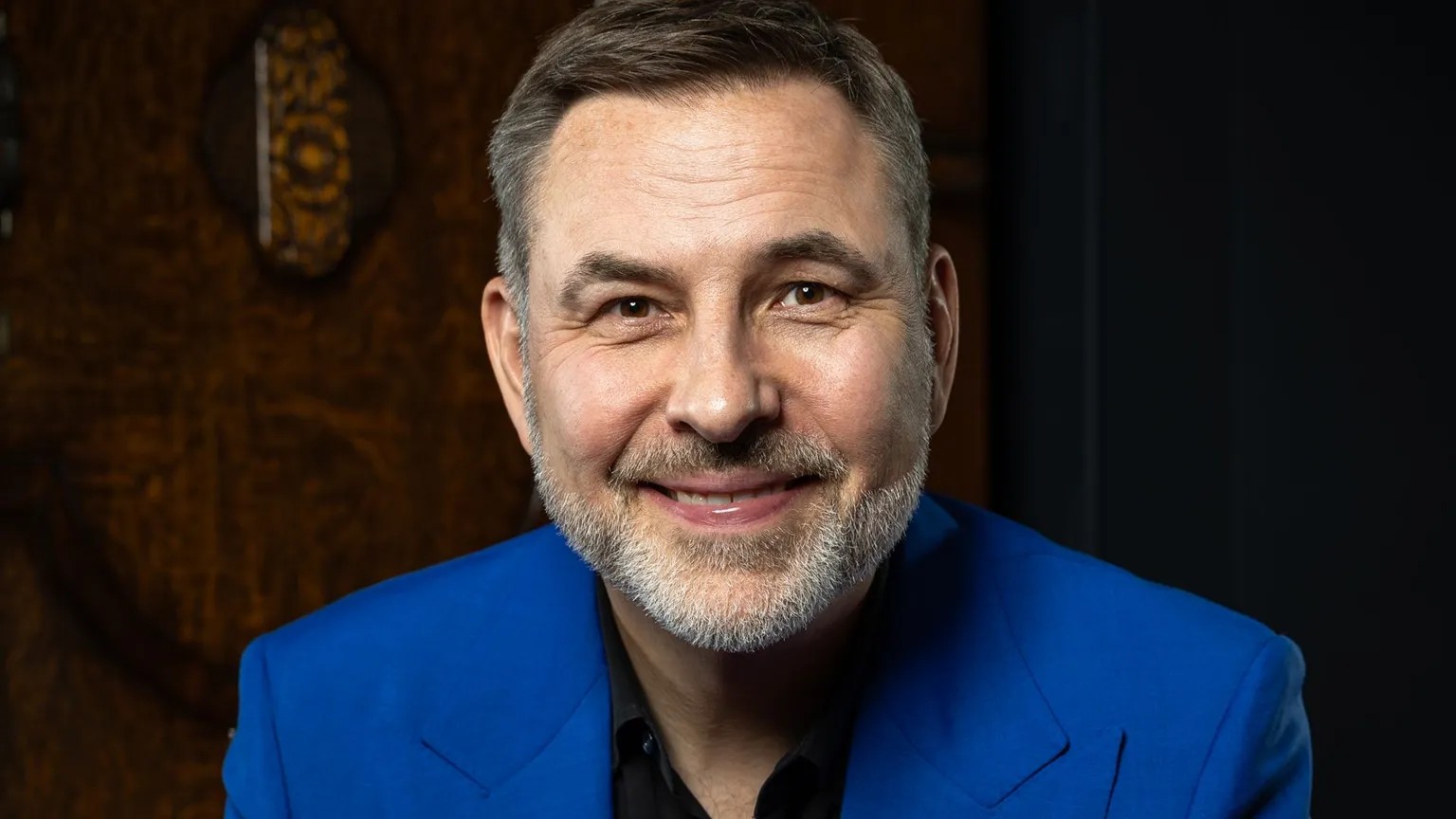
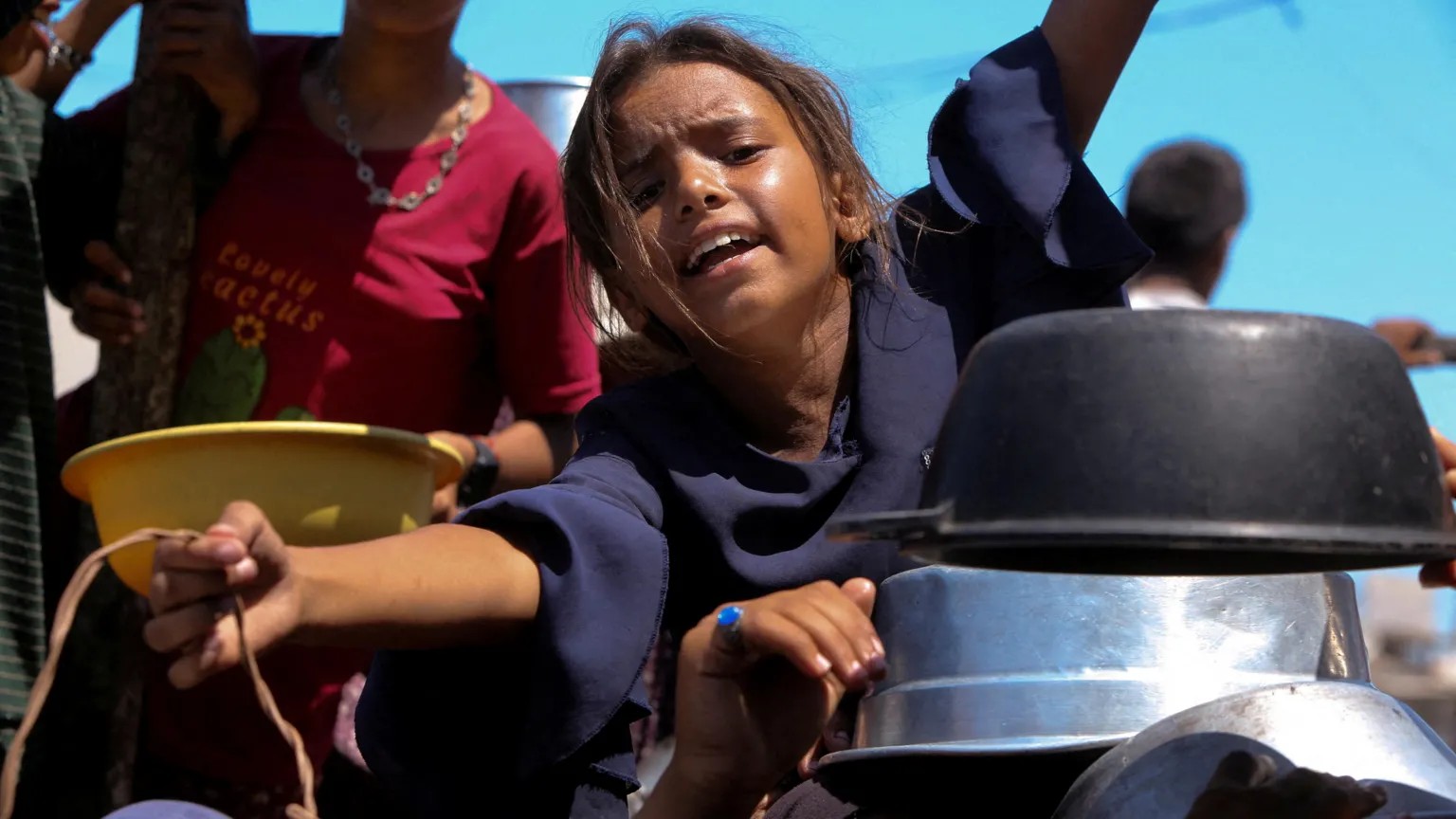
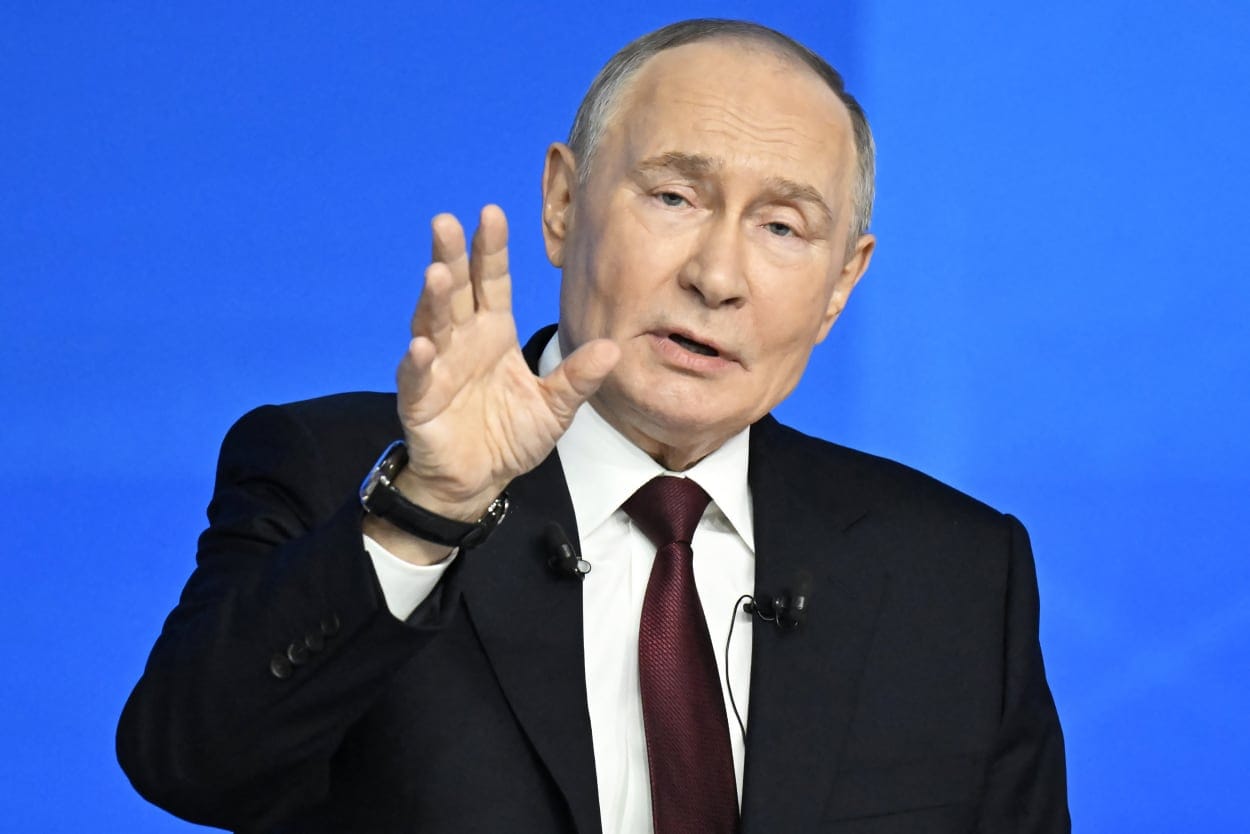

0 Comment(s)